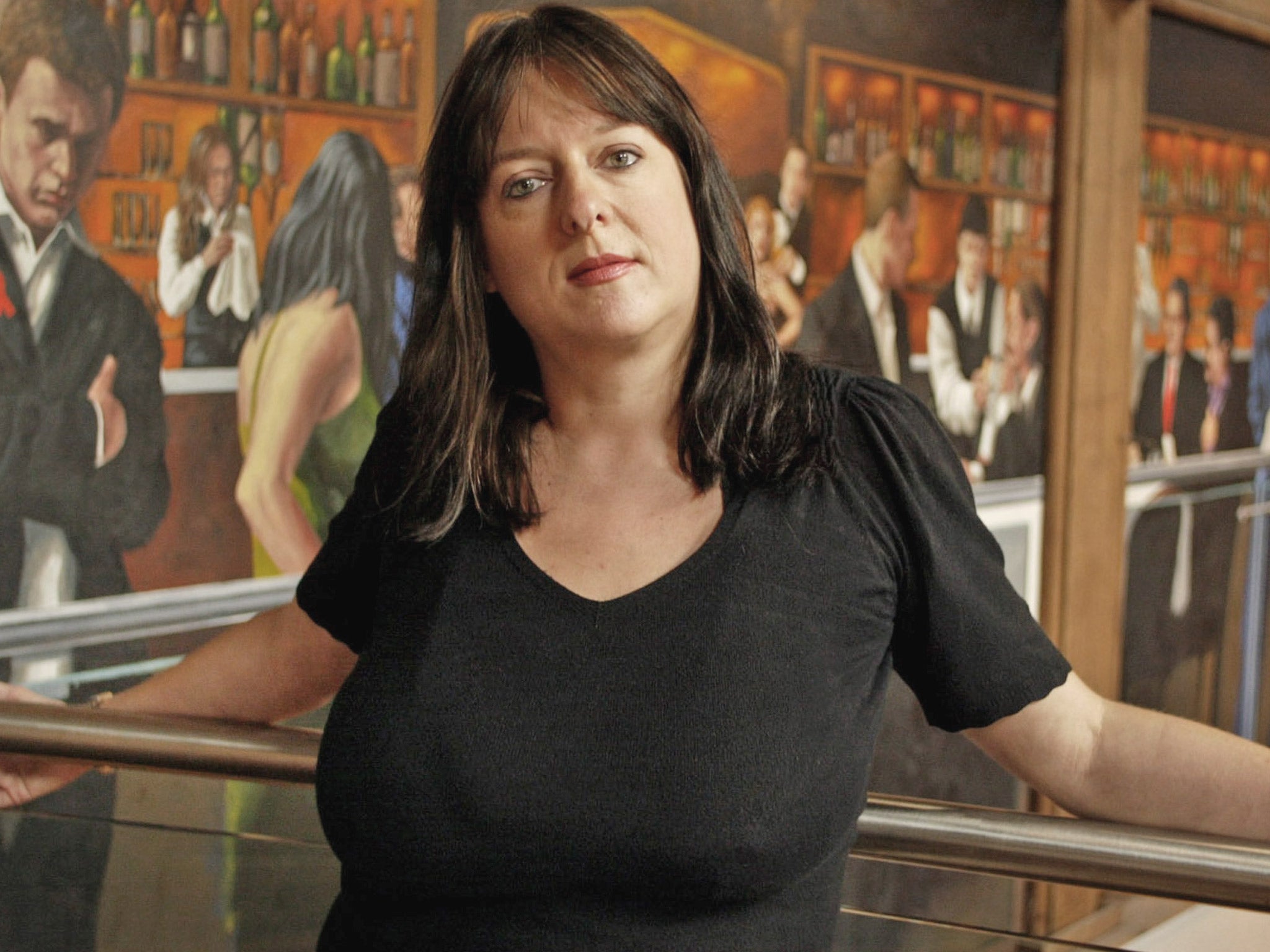The Week In Radio: When a castaway's confessions are a real treasure

Your support helps us to tell the story
From reproductive rights to climate change to Big Tech, The Independent is on the ground when the story is developing. Whether it's investigating the financials of Elon Musk's pro-Trump PAC or producing our latest documentary, 'The A Word', which shines a light on the American women fighting for reproductive rights, we know how important it is to parse out the facts from the messaging.
At such a critical moment in US history, we need reporters on the ground. Your donation allows us to keep sending journalists to speak to both sides of the story.
The Independent is trusted by Americans across the entire political spectrum. And unlike many other quality news outlets, we choose not to lock Americans out of our reporting and analysis with paywalls. We believe quality journalism should be available to everyone, paid for by those who can afford it.
Your support makes all the difference.My plan this week was to write about science. Honestly, it was. The World Service was running a series of solemn-sounding talks called Exchanges at the Frontier, each delivered by leading epidemiologists, physiologists and other miscellaneous ologists whose job titles were very possibly made up. However bleak their message, I felt it my duty to hear them out. And listening on Sunday morning, for a while I was genuinely concerned about the plight of humankind in the face of horrible mutating viruses that could knock out much of population and possibly leave pigs and poultry to run things.
But that was before my brain started to ache, my eyeballs began rolling into the back of my head and, just for a second or two, I switched channels and happened upon the writer Julie Burchill on Desert Island Discs squeaking: "I'd been up for three nights taking cocaine, so when Morrissey called I didn't want to see anybody. I was quite rude to him and he left." At which point there was really no going back.
There are, of course, those who would rather feed their ears through a shredder than listen to Julie Burchill discuss her favourite subject: Julie Burchill. She done some terrible things, and written a lot worse, and in doing so has played the role of journalism's arch villain to perfection. But not to listen would have been to miss the novel and frequently jaw-dropping experience of listening to a person without empathy and entirely indifferent to the notion of being liked.
Burchill was gobby, self-aggrandising, contradictory and bloody-minded. Talking of her feuds, her marriages and her "intemperate" writing, she made you wince but she also made you hoot. DID interviews are usually cosy and respectful, a soothing accompaniment to Sunday-morning domesticity, but this one was plain bonkers. It was absolutely electrifying.
Burchill was – quelle surprise – a strange and difficult child. "I didn't know anyone as mean as me," she trilled. At 12 she was reading Oscar Wilde and Dorothy Parker and by 14 was shoplifting. When she was 15 she ran away to London and sold perfume at King's Cross station for six weeks before her father found her and dragged her home. The worry had turned his hair white.
Burchill talked with glee about her love of boozing ("I don't just like to have a glass of wine and relax... I like to get drunk") and her drug-taking at the NME ("It was like a youth club with lots of amphetamine sulphate"). When presenter Kirsty Young remarked that listeners might be shocked at her unrepentant attitude, Burchill shrieked, "That's their hard cheddar!"
The conversation took a more intense turn as Young asked why, in leaving two marriages, she had abandoned her children. Burchill said she had been "reckless and selfish" and "could have done things a lot better." Yet she insisted that wasn't sorry and she truly didn't care what people, even friends and family, thought of her. "I don't believe you,' said Young, boldly. "I think you do care."
"I'd like to say you were right," replied Burchill, "and it would make me seem like a better person... but I can't lie to you and say it's a thing that I sit around thinking about. You can't care fleetingly. I look at people who do feel things deeply and I do not envy them. They just come to grief on the rocks of their own emotions."
For a moment this wasn't cartoon Burchill, but a serious glimpse into the inner-workings of an odd and fascinating character. It was a proper conversation between two clever women, which is something you don't hear enough of on the radio. It was, for a short while, more important than science.
Join our commenting forum
Join thought-provoking conversations, follow other Independent readers and see their replies
Comments